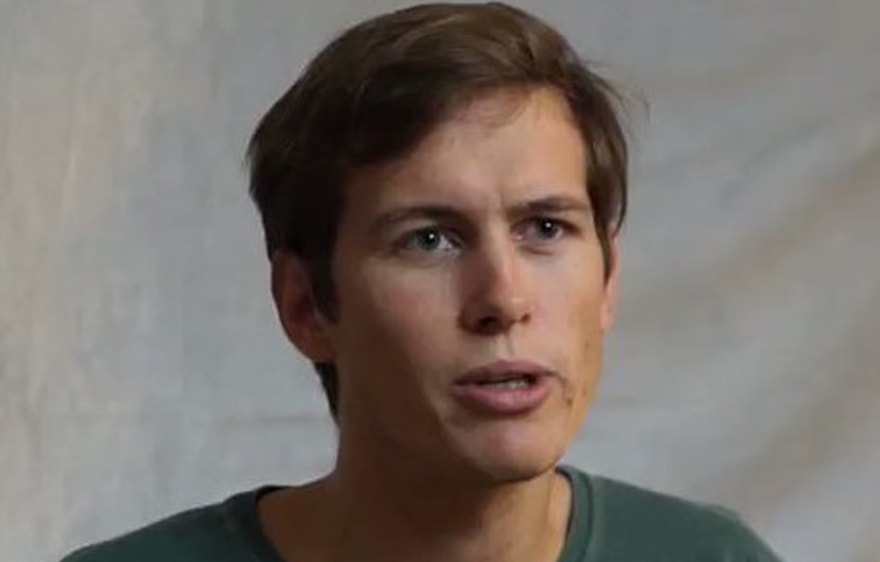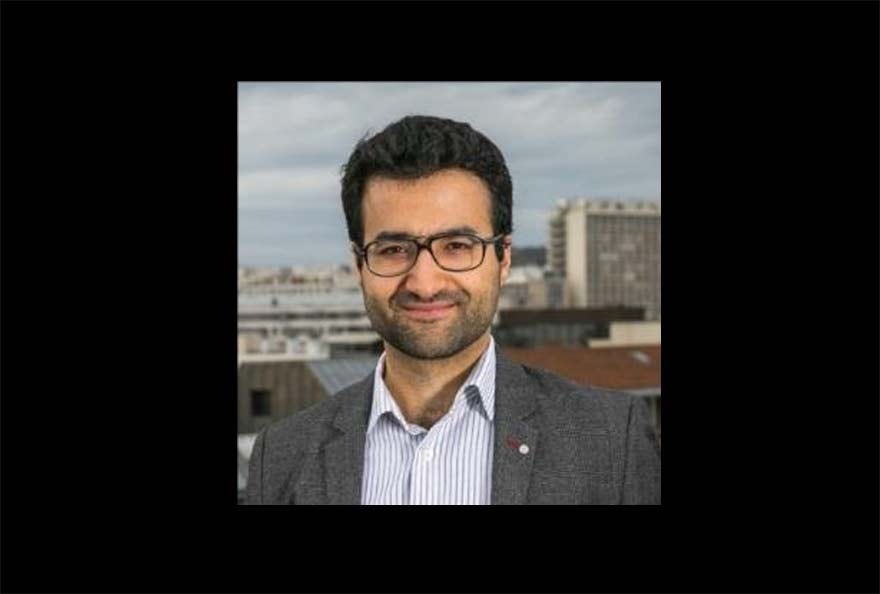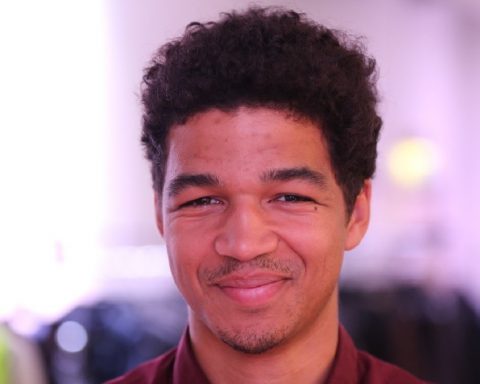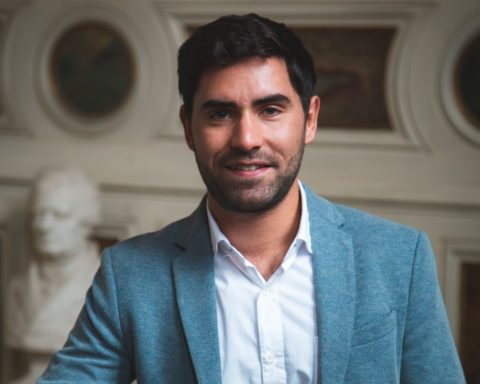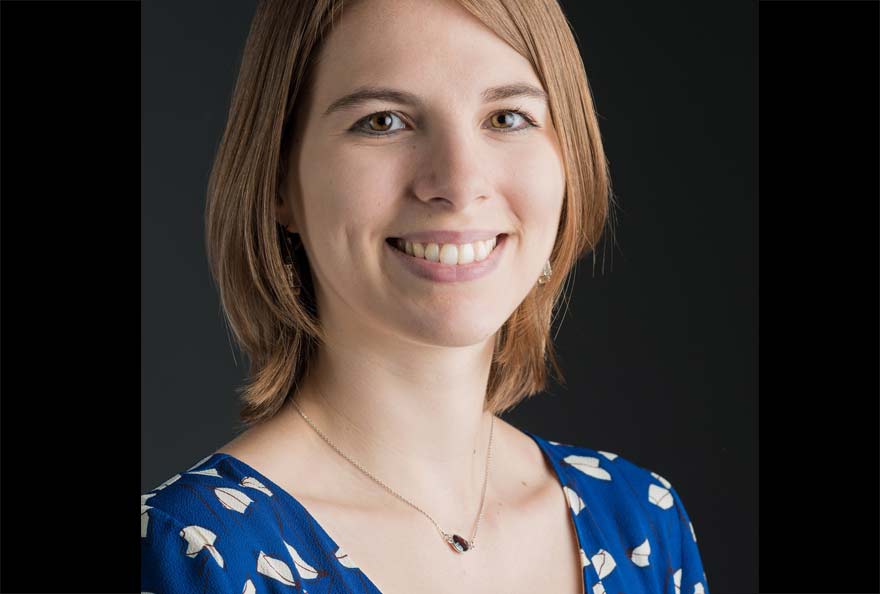Lisa Rivalin creates a research partnership on intelligent buildings with the prestigious LBNL National Research Laboratory in Berkeley, California. The laboratory, having learned about her previous work, notably at MINES ParisTech, offers her a position as a "guest researcher" in their teams for two years starting in 2017, with the goal of creating autonomously regulated buildings.
MINES ParisTech is a major player in innovation. Support for entrepreneurship and commitment to open innovation are strategic subjects for MINES ParisTech.
Assistance for business creation, coordinated by the Innovation and Entrepreneurship Pole (POLLEN), coupled with the training of engineering students via the "innovation and entrepreneurship" option, has led to the creation of some forty companies in 20 years, including about twenty in the last five years. In its desire to bring innovations and inventions to life, MINES ParisTech also encourages the creation of "spin-offs".
To reflect this dynamic, MINES ParisTech introduces you to its talented entrepreneurs. Today, meet Lisa Rivalin.
A path of excellence
Born in 1990 in Nantes, France, Lisa Rivalin has had two passions from a very young age: mathematics and music. A brilliant student, she was spotted by the Director of her school who granted her a special dispensation to allow her to follow a singing and organ course at the Conservatoire, in parallel with her first and final year of secondary school. Once she had passed her BAC with honours, the same director encouraged her to join a renowned Parisian preparatory class, Stanislas.
Marked by her grandfather, an engineer in thermodynamics and nuclear energy, who used to take her for walks in the Nantes shipyards where he worked, Lisa then chose to join ENSI Poitiers, an engineering school offering a multifaceted approach to energy-related subjects.
During optional courses, she discovered a new discipline, the philosophy of science, which attracted her so much that she decided to take a master's degree in the history and philosophy of science at the University of Paris Diderot in parallel with her engineering studies.
Between engineering school in Poitiers during the week and lectures in a lecture hall at the Fac on Saturday mornings in Paris, music takes a back seat, but Lisa still manages to give a few lessons in music theory and piano, while preparing a master's thesis on time and consciousness, directed by the famous French scientist Etienne Klein.
A promising start to a career in research structured around two pillars: statistics and building energy
Having always wanted to go into research, Lisa began her working life with a doctoral programme at MINES ParisTech.
In this context, she is preparing her thesis, financed by ENGIE Axima, on the energy performance guarantee, an approach that allows, even before the construction of a building, to predict its energy consumption in order to propose very efficient new constructions, and on average 40 % of energy savings on renovation.
After Poitiers, she divides her time between Nantes (at ENGIE Axima) and Paris (premises of MINES ParisTech), while resuming her professional music studies at the conservatory in Nantes. In May 2016, she defended her thesis and obtained her doctorate.
Building on this first experience, Lisa continues her collaboration with ENGIE Axima, by creating a research partnership on intelligent buildings with the prestigious LBNL National Research Laboratory in Berkeley, California. The laboratory, having learned about her previous work, offers her a position as a "guest researcher" in their teams for two years starting in 2017.
Today, Lisa's research aims to create buildings with autonomous regulation. Using a history of data captured from buildings, she is implementing a method using Data science, Machine Learning and physical modeling to maximize, in real time, comfort and air quality, while minimizing energy consumption and CO2 emissions.
The ultimate goal is that, in the long run, heating and cooling systems will turn on at the right time and at the right temperatures by learning from user behaviour and weather trends in the region. Above all, these millimeter-accurate buildings will allow the least amount of energy to be consumed by favouring the most environmentally friendly source in real time. In short, intelligent buildings, serving the comfort of all as well as the environment.
What about the future? After a year and a half spent in San Francisco, Lisa wishes, for the time being, to pursue her projects in the United States because, even if the context for research on energy subjects is less favourable there than before, she appreciates the spirit of initiative and long-term vision that characterizes American culture.


